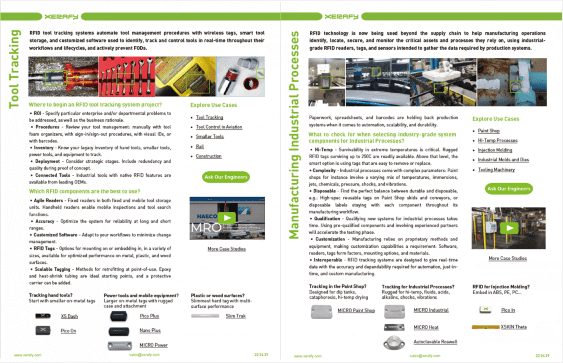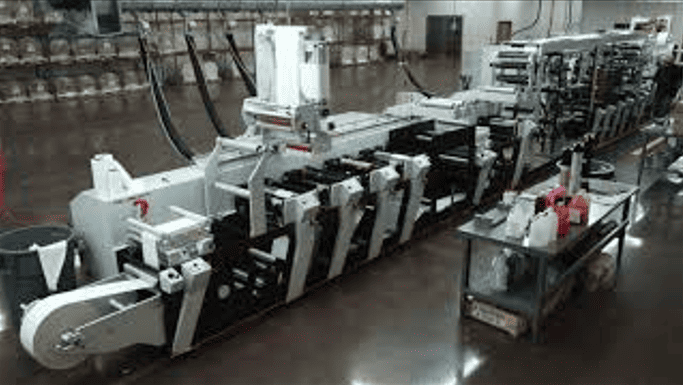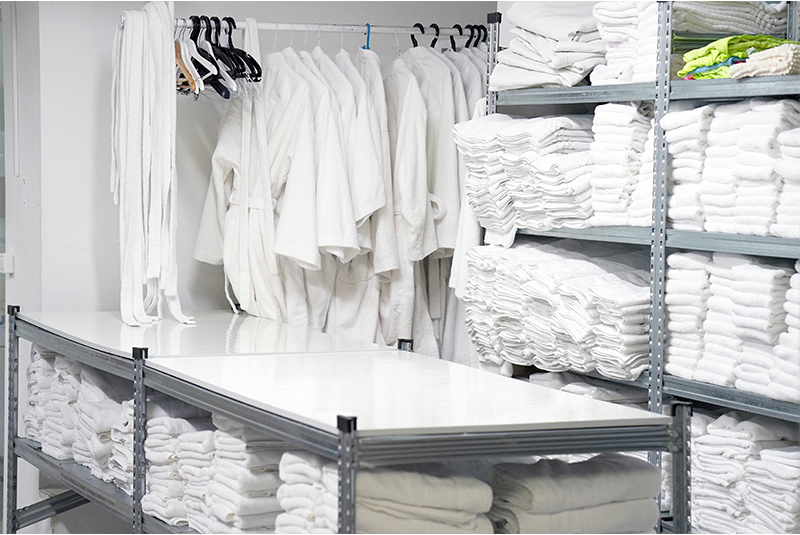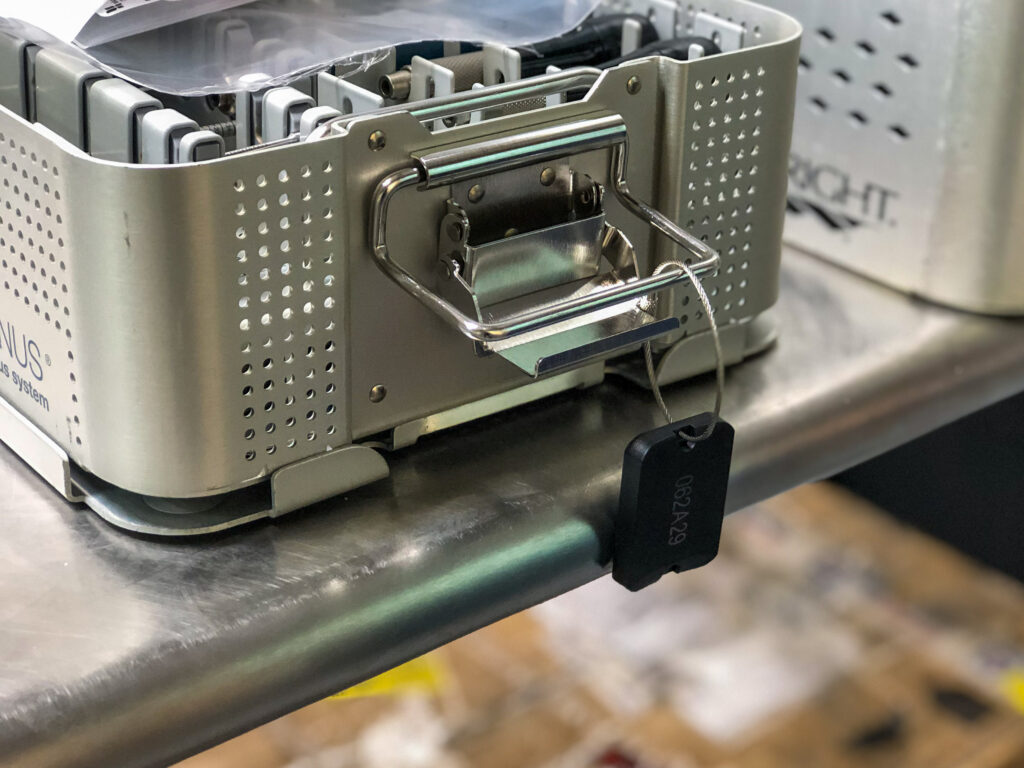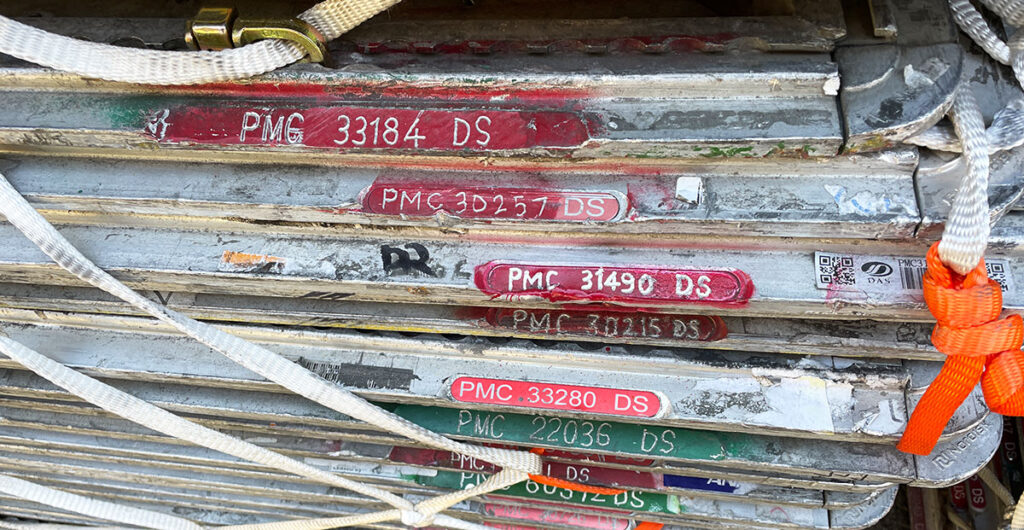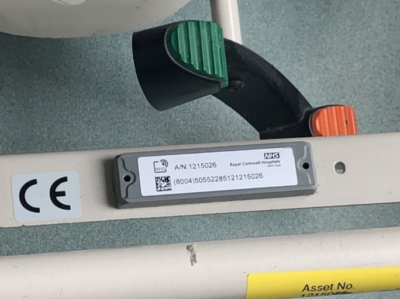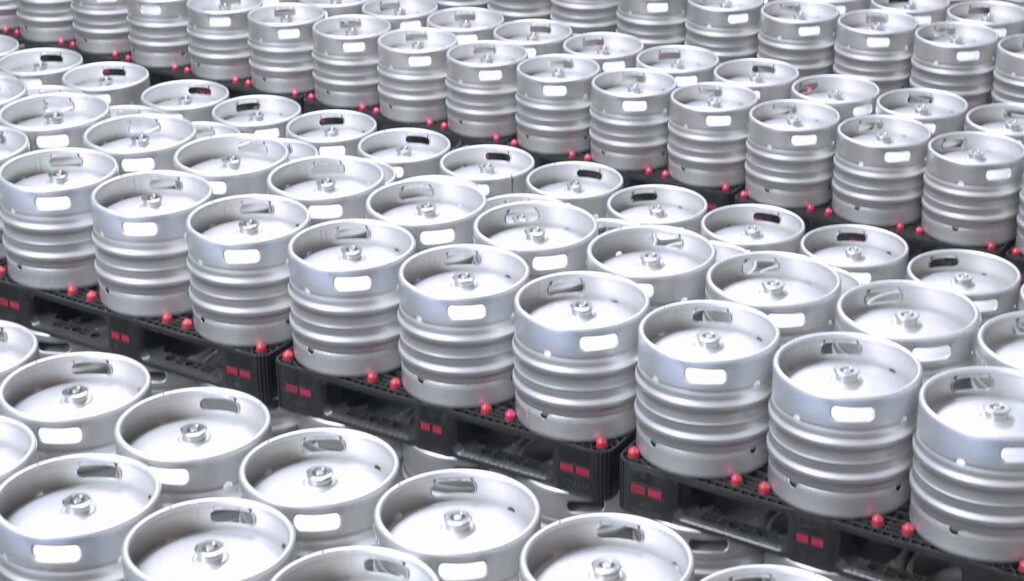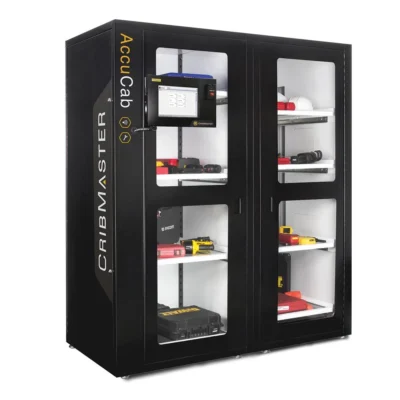The healthcare industry is at a crossroads, presenting a great opportunity for forward-thinking institutions and device manufacturers to pioneer new solutions and outpace their competitors. One such solution gaining prominence is Radio-Frequency Identification (RFID) technology, which plays a crucial role in providing oversight and reducing human errors.
Taking the First Step: Change Starts with Tracking and Measuring
The current atmosphere in healthcare emphasizes the need for technology as hospitals strive to do more with fewer resources. The dynamics have shifted significantly, with more procedures moving to outpatient settings, posing challenges for both healthcare providers and manufacturers. Hospitals are compelled to operate with reduced personnel, while manufacturers must serve more facilities with critical and expensive equipment.
RFID technology offers a practical approach to address these challenges, starting with tracking and measuring. By building a baseline and understanding the current state of operations, hospitals can identify inefficiencies and set clear goals for improvement. The key is to be realistic about the implementation of RFID, acknowledging that it takes time and dedication to meet long-term objectives.
Real Use Case: Sterilization Process for Tray Tracking
One specific use case that demonstrates the effectiveness of RFID technology is in the sterile processing of surgical trays. Traditional methods involving pen and paper for processing medical devices are prone to errors and inefficiencies. RFID enables hospitals to create specific, sterile areas and track the progress of each tray through various milestones like decontamination, inspection, assembly, and sterilization.
RFID technology provides oversight and ensures that each step is completed before an asset reaches a sterile environment. This not only enhances efficiency but also adds a layer of safety in an environment that is traditionally reactive and prone to chaos.
Current Technology and Challenges: Where to Start with New Technology
In the face of the current challenges, hospitals must evaluate their starting point and set realistic goals for RFID implementation. Many hospitals still rely on pen and paper, making it essential to initiate the process of digitizing information. This involves cleaning up data and establishing a baseline for RFID implementation.
The starting point depends on the hospital’s immediate goals and areas with the most significant return on investment (ROI). Whether it’s managing tray tracking or addressing other loss prevention issues, RFID technology can be implemented incrementally, allowing hospitals to see tangible benefits in the short term while building a foundation for future advancements.
RFID's Role in Device Manufacturer-Hospital Collaboration: Reducing Loss and Waste
Expanding beyond tray tracking, RFID technology holds significant potential for collaboration between medical device manufacturers and hospitals. In particular, the focus shifts to sterile packs and implants used in medical procedures. The intricate nature of medical procedures, especially those involving expensive inventory, creates a gray area between hospitals and manufacturers regarding responsibility and trust.
RFID provides a reliable solution for managing consignment inventory, reducing the need for time-consuming audits and ensuring a transparent chain of custody. This not only enhances patient safety but also saves time, costs, and resources for both manufacturers and hospitals.
Embracing Technology for a Better Future
In conclusion, the healthcare industry is at a critical juncture where embracing technology is essential for survival and growth. RFID technology, while not a quick fix, offers a reliable baseline for hospitals to measure and improve their processes. The benefits extend beyond patient safety to cost savings, increased efficiency, and enhanced collaboration between device manufacturers and hospitals.
The key to successful RFID implementation lies in starting small, setting realistic goals, and understanding that progress takes time. As hospitals and manufacturers navigate the evolving landscape of healthcare, RFID technology emerges as a transformative tool to do more with less, ultimately shaping a better future for patient care.
Xerafy is a pioneer in Healthcare RFID, bringing to market several innovations that enable advanced identification and automation capabilities.
In addition to a complete range of field-proven RFID tags available off-the-shelf, Xerafy offers Custom RFID Tags services, covering everything from a personalization service bureau to custom-design engineering capabilities.

